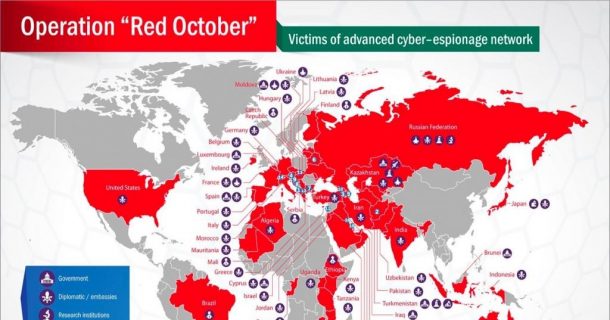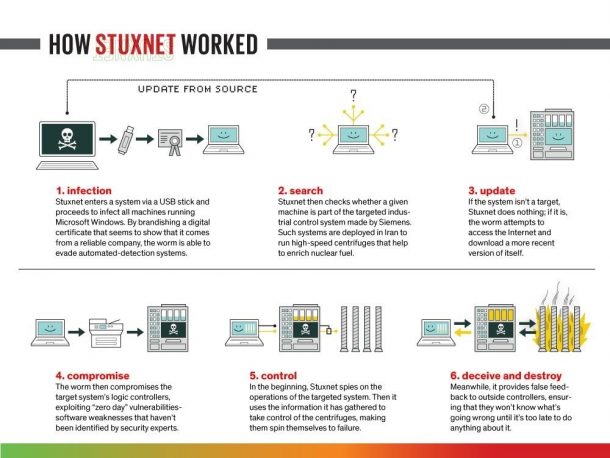According to a research conducted by Chatham House, the Royal Institute of International Affairs, the increase in the number of nuclear weapons all over the world is way more dangerous to humanity than cyber attacks, as a misfired missile can wipe out whole cities in seconds. The weapon controlling systems were initially made in pre-digital times and are extremely vulnerable to hackers. Nukes are heart and soul of any military power but their controlling systems are ancient and are more prone to cyber attacks than any other electronic device.
Three decades ago, Nuclear weaponry was equipped with basic security systems. Britians preferred to rely on their soldiers. Americans started disarming bombs via electromechanical locking mechanisms. Little is known about Russians. In next few years, new technology was introduced that made the job much easier, but also made it an easy target for Hackers. Cyber attacks can not only manipulate online data but can even completely access a device which is physically and wirelessly disconnected from the internet or any other device. The research also mentioned the Stuxnet virus, which was able to manipulate Iranian Nuclear Program just by connecting a thumb drive, and also how Americans infiltrated and ruined the North Korean missile test.

Another example includes the case of nuclear ballistic missile submarines, which were considered safe from cyber attacks. These submarines stay underwater all the time and use minimum radio contact at unequal time intervals. However, they can be made vulnerable if a microchip is attached to the system. This can turn out to be way more dangerous than remotely hijacking the submarine or launching a missile from it.

The research further elaborates that in peacetime, figuring out a cyber attack is difficult as the incoming information may be an attempt of sabotage. In times of war, such attack can lead to further chaos and tension. Towards the end, the research proposes a few solutions like anti-cyber attack training, tests by the manufacturer that the product cannot be or is not compromised and a regular test of vulnerabilities and flaws in the system.

Another solution proposed was the use of AI to defend the system and counterattack the enemy. But, the researchers elaborated that if the AI gets compromised, then things will get way out of hand.
Fingers crossed for a safer world!


